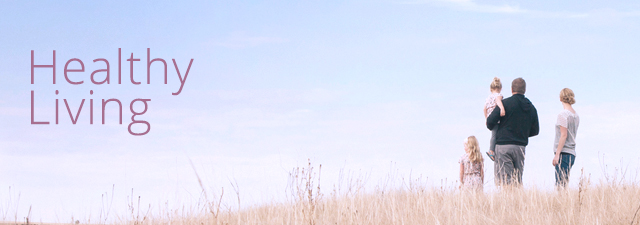Algoma Public Health
Cannabis
What is cannabis?
You might know cannabis better by the names: marijuana, weed, reefer, blunt, joint, Mary Jane, or hash. Cannabis is a greenish-brownish substance that’s made by drying the flowering, fruiting tops of the plant Cannabis Sativa.
Cannabis contains more than 61 chemicals, called cannabinoids. THC (delta-9-tetrahydrocannabinol) is the main psychoactive cannabinoid and is most responsible for the “high” associated with cannabis use
What are the effects of cannabis use?
Short-term effects of using cannabis include: Euphoria, relaxation, changes in perception, time distortion, memory deficits, body tremors, increased heart rate, increased blood pressure, dilated pupils, red eyes, and increased appetite.
Long-term effects include: Decrease in memory, attention and cognitive functioning (especially with early initiation of marijuana use) Increased risk of psychosis, depression, and anxiety
Parents are considered the most important influence in a child’s life. “Nearly two-thirds of teenagers see great risk of upsetting their parents or losing the respect of their family if they smoke cannabis or use other drugs.”
Despite this fact, many teens will experiment with drugs for many reasons. It is important to note that this is not a reflection of you or your parenting. Taking steps to ensure your child’s safety is important. Stay informed about drugs, and talk to your teen – open communication can make a big difference in preventing drug use.
Communication tips:
- Present the facts
- Listen to your teen's point of view
- Discuss shared information
- Set rules
- Set clear consequences, reward good behavior
- Prepare for ‘road blocks’ – give your teen time to cool down, and continue the conversation
- Create a safe space and allow for open, honest communication
- Discuss, agree on, and stick with boundaries
- Evaluate the conversation as a family
If you suspect or you know that your teen is misusing drugs, take action to get the help they need and deserve.
Where to get help:
Kids Help Phone
1-800-668-6868
Learn More:
Canadian Centre on Substance Abuse
Centre for Addictions and Mental Health










